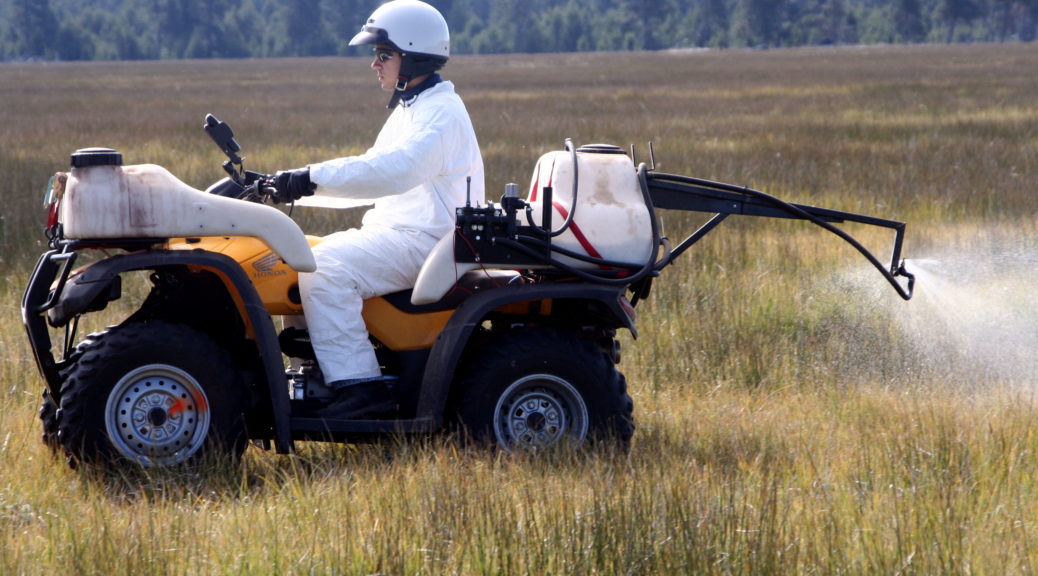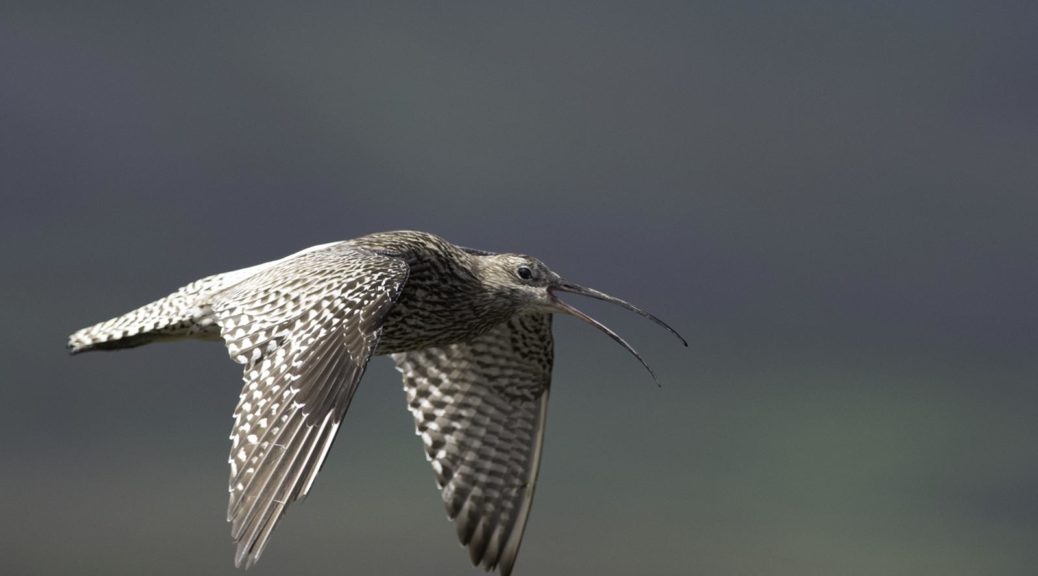The Independent reports nearly six times less than government claims, study says. The research, by scientists at the RSPB and the International Union for Conservation of Nature, analysed all of the UK’s land-based protected areas. Findings suggest global conservation progress may have been overestimated, researchers say.
Tag Archives: RSPB
Kittiwakes are dying out due to climate change and overfishing, RSPB warns
ITV News reports climate change and overfishing are threatening England’s native seabirds – the kittiwakes. Their numbers have halved since the 1960s. The Royal Society for the Protection of Birds (RSPB) is warning about the devastating impact of humans on England’s native Kittiwake.
Its message coincides with World Oceans Day. Dr Euan Dunn, from the RSPB said: “The sea is warming dramatically around us and that is unravelling the food web, particularly hitting sand eels, the staple diet of kittiwakes, very dependent on this small shoaling fish.”
HS2: RSPB calls for probe into tree-felling for high-speed line
The BBC reports the RSPB has called for the felling of trees in the path of the HS2 rail link to be investigated. The bird charity criticised government and HS2 as ecologists launched a legal challenge against licences issued to permit the felling of trees in Jones’ Hill Wood in Buckinghamshire.
It said the felling risked “undermining every environmental commitment” the government had made about HS2. HS2 said it took its “environmental responsibilities seriously”. The legal action is being brought by a member of Earth Protectors.
London Resort: Wildlife charities unite against theme park
The BBC reports three conservation charities have come together to object against plans for a theme park on a “nationally important” wildlife site in Kent. The London Resort is currently going through the planning application process and, if approved, work could start on Swanscombe’s marshes in 2022. Kent Wildlife Trust, Buglife and the RSPB want it to be declared a Site of Special Scientific Interest (SSSI).
Andy Martin, from London Resort, said it planned to “enhance” the habitat. If approved, the brownfield site would be transformed into the first major theme park to be built in Europe in nearly 30 years. The 535-acre site would have two theme parks, a water park, hotels, shopping centres and entertainment venues, and is ultimately expected to support 17,000 jobs.
UK crane population hits highest level in 400 years
The Independent, Daily Mail, and iNEWS report the number of cranes inside the UK has reached an all-time high since the species became extinct here 400 years ago, a survey has revealed. The research from 2020 – shared by the Royal Society for the Protection of Birds (RSPB) on Monday – found 64 new pairs living across Britain, which produced 23 chicks, bringing the total UK crane population to more than 200.
Rewilding is ‘polarising’ farmers, says RSPB chief as she reveals nature reserves will be joined to farmland
In an interview with the Telegraph, RSPB’s Beccy Speight said that nature campaigners often use “polarising” language around rewilding and mass tree planting, which can alienate farmers, and argued that conservationists should work with farmers, who own the largest amounts of Britain’s land. RSPB will join their land with neighbours and help them manage their field margins and unfarmed space for nature.
Birds of prey persecution increases in lockdown
BBC News and The Daily Mail report the RSPB says it has been overrun with reports of birds of prey being illegally killed since the start of the lockdown 6 weeks ago. According to the charity the vast majority of incidents have been reported close to large estates used for game bird shooting.
The head of the RSPB investigations unit said it was like the ‘wild west’ out in the countryside with those wanting to kill birds of prey emboldened by the lack of walkers and hikers. At this time of year the charity would normally be getting 3 or 4 reports of killings a week, they are now getting 3 or 4 a day. Deaths include red kites, falcons and buzzards. RSPB described the killings as ‘orchestrated’.
Photo of dead buzzards by soundslogical under creative commons.
RSPB concern as illegal bird killings quadruple in a year
The BBC reports laws to protect birds are being “routinely flouted”, the RSPB has said, after figures showed a massive rise in the number illegally killed.
There were four times as many bird killings in Wales last year compared to in 2017, the organisation said. Investigations officer, Jenny Shelton, said birds were usually killed because they posed a threat to game stocks.
RSPB resigns from government’s pesticides forum after chemical use soars
The Telegraph reports the RSPB and dozens of environmental groups have resigned from the government’s pesticides forum after two decades claiming the use of dangerous chemicals is now far worse than when they joined.
The charity alongside Wildlife and Countryside Link have written to Michael Gove warning they can ‘no longer stand by’ while the situation deteriorates. Two groups, the Pesticides Forum and Voluntary Initiative, were set up by the government in the 1990s to reduce environmental damage from pesticides. However figures show that the area of British land treated by pesticides has risen from 45 million hectares to more than 70 million hectares.
Numerous studies in recent years have shown that pesticides are causing long-term decline in insects and birds, and are probably behind ‘colony collapse disorder’ in bees which has seen populations plummet by up to 90 per cent.
Pesticide application photo by Oregon Dept of Agriculture under creative commons
Decline in curlew birds as farming ‘destroys habitat’
BBC NEWS reports the number of curlews in Wales has dropped by 80% since 1990 with farming practices partly to blame, a charity has said. RSPB Cymru has called for farmers to be rewarded for creating suitable habitats for the bird when a new payments scheme comes into force after Brexit.
It is estimated only 400 breeding curlew pairs are left in Wales. The Farmers’ Union of Wales (FUW) said nature should not be prioritised at the expense of the rural economy.
RSPB Cymru claims the bird’s decline was due, in part, to farming practices. “[It is linked to] how hay is harvested as silage earlier on in the year, but there’s also been a decline in invertebrates, which is food for the curlew.”
Curlew photo by Sue under creative commons


